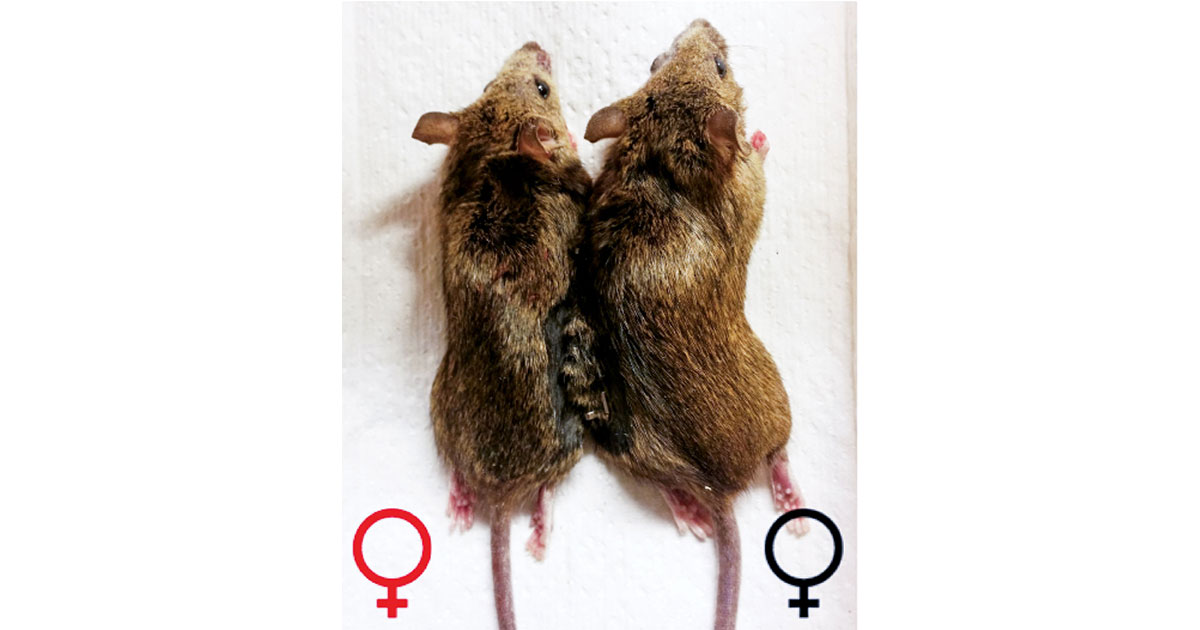Advertisement
Grab your lab coat. Let's get started
Welcome!
Welcome!
Create an account below to get 6 C&EN articles per month, receive newsletters and more - all free.
It seems this is your first time logging in online. Please enter the following information to continue.
As an ACS member you automatically get access to this site. All we need is few more details to create your reading experience.
Not you? Sign in with a different account.
Not you? Sign in with a different account.
ERROR 1
ERROR 1
ERROR 2
ERROR 2
ERROR 2
ERROR 2
ERROR 2
Password and Confirm password must match.
If you have an ACS member number, please enter it here so we can link this account to your membership. (optional)
ERROR 2
ACS values your privacy. By submitting your information, you are gaining access to C&EN and subscribing to our weekly newsletter. We use the information you provide to make your reading experience better, and we will never sell your data to third party members.
Biological Chemistry
Researchers solve a cancer conundrum
As cells turn cancerous, ribosome regulators force the cellular machines to preferentially produce cancer proteins
by Sarah Everts
January 13, 2017
| A version of this story appeared in
Volume 95, Issue 3
Researchers studying cancer have often observed that as cells become malignant, they often produce fewer proteins overall, and those proteins getting translated don’t match the mRNA present in the cell. A team of researchers led by Elaine Fuchs and Ataman Sendoel at Rockefeller University report an answer to this conundrum.
The team found that skin squamous cell carcinomas—which are among the most common and life-threatening cancers worldwide—hijack the ribosome by forcing the protein-making machinery to preferentially translate tumor-related mRNAs, leading to the production of proteins important for cancer progression.
Using a variety of biochemical and genetic techniques as well as experiments in animals, the researchers tied this switch in translation to a ribosome initiation factor called eIF2, which typically helps triage protein production in healthy cells (Nature 2017, DOI: 10.1038/nature21036). When a normal cell becomes cancerous, a different ribosome initiation factor called eIF2A helps skew ribosomal protein production toward cancer-related proteins. eIF2A can get down to bad business in part because of the phosphorylation of a serine amino acid on another protein called eIF2α.
The work suggests eIF2A could be a new target for anticancer drug development. In fact, the authors note that high eIF2A mRNA levels are often associated with poor prognosis in human cancers. The study’s new data “form a foundation for future investigations into whether eIF2A-mediated translation … can be exploited for therapeutic interventions,” the authors write.




Join the conversation
Contact the reporter
Submit a Letter to the Editor for publication
Engage with us on Twitter